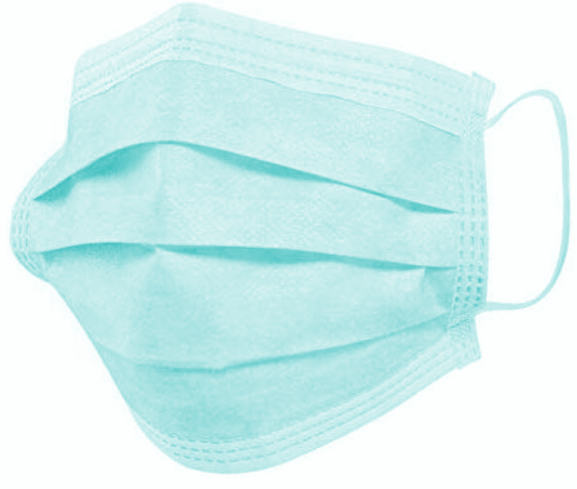PPE not safe from slave labour
 Concern has been raised about the use of slave labour in producing PPE.
Concern has been raised about the use of slave labour in producing PPE.
The need for personal protective equipment (PPE) has dramatically increased since the outbreak of COVID-19, leaving many hospitals and other institutes reliant on medical supplies sourced from around the world, including countries where production lines are not immune from forced labor.
Dismal working conditions have been documented in the production of surgical instruments, gloves, scrubs, masks, and many other hospital necessities in such countries as India, Malaysia, Mexico, Pakistan, Sri Lanka, and Thailand.
In July 2020, a New York Times investigation revealed an explosive increase in PPE manufacturers in China, many of which exploit Uighur forced labor and sell PPE to US customers.
Malaysia-based Top Glove, the world's largest rubber glove manufacturer, has been repeatedly accused of employing forced labor practices against migrant workers, including withholding wages, confiscating passports, and working with recruitment firms that use debt bondage to secure employees for clients.
In July 2020, because of these allegations, U.S. Customs and Border Protection (USCBP) barred the importation of rubber gloves produced by Top Glove. Top Glove is now appealing the ban, even though it still managed a 20-fold year-over-year increase in profits during the first quarter of fiscal year 2021.
“We cannot overlook the evidence of forced labor's presence in our medical supply chains, even with the current unprecedented demand for PPE,” say the authors of a new opinion piece in the Annals of Internal Medicine.
“In our view, the ends do not justify the means. Although the medical field must do everything possible to save lives, it does not have to do so by endangering the lives of others.”
In an effort to avoid products made in unethical environments, the experts say that hospitals can make changes by buying PPE from suppliers already monitoring their supply chains or using traceability-enhancing technology and transparent labeling.
“By negotiating for improved worker protections, requiring evidence that medical supplies are ethically sourced, and working with advocacy organizations (such as the Worker Rights Consortium) to audit manufacturing facilities, hospital systems and large purchasers can significantly improve the lives of those whose voices are being drowned out by the whirring machines of the world's sweatshops,” they said.
Additionally, medical professionals can help by raising awareness of these issues in the workplace, supporting initiatives to optimise existing PPE stock. They can also encourage hospital leadership to consider supplier adherence to ethical labor standards when purchasing medical supplies.
“If medicine truly wants to bring its actions in line with its oath to do no harm, it can no longer turn a blind eye to where the tools of its trade come from,” the experts conclude.
“To contain the human cost of the pandemic, there is no doubt that we should maximise effective use of PPE, but we must also ensure better work practices for those who enable us to wear it in the first place.”








 Print
Print